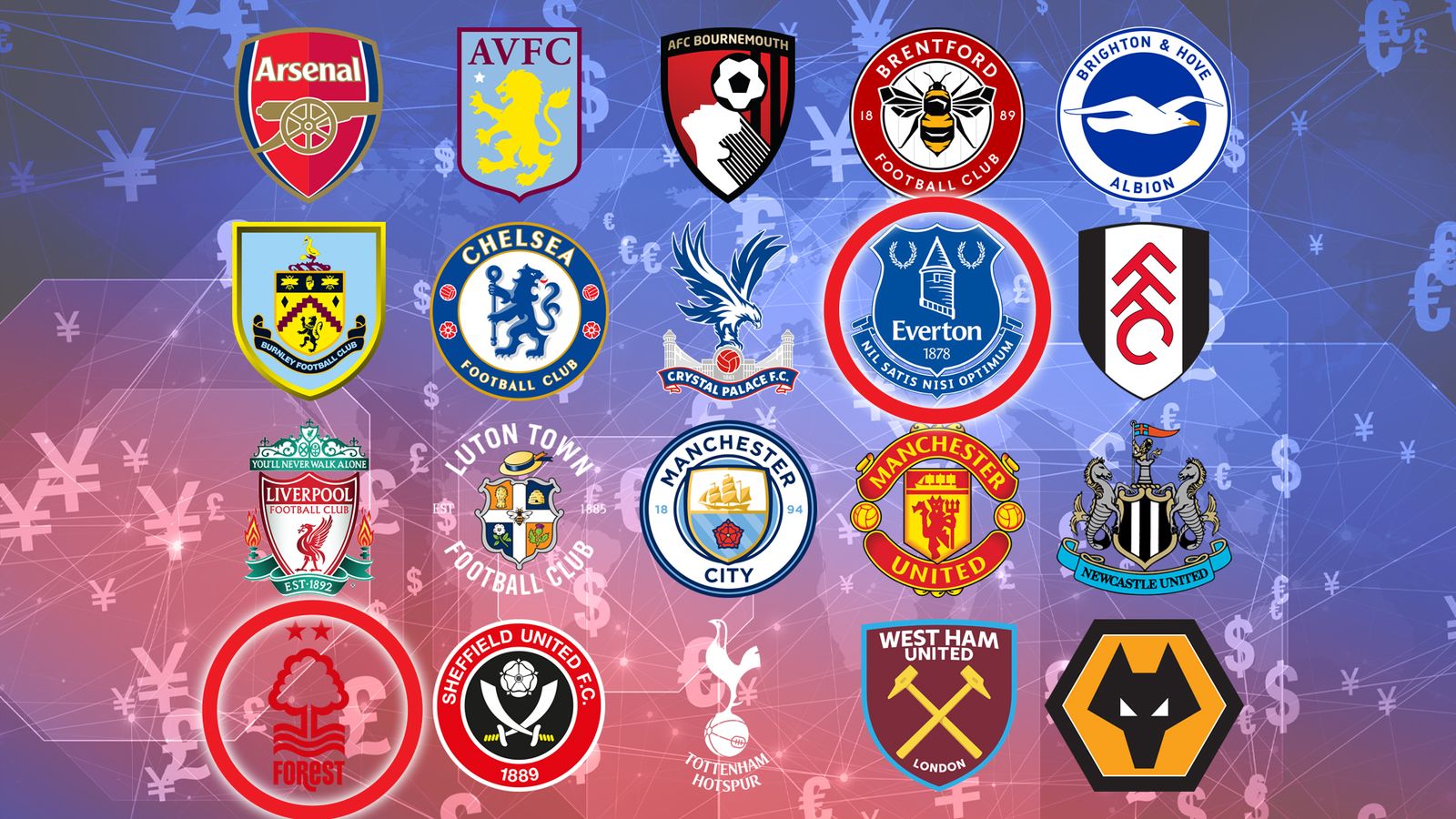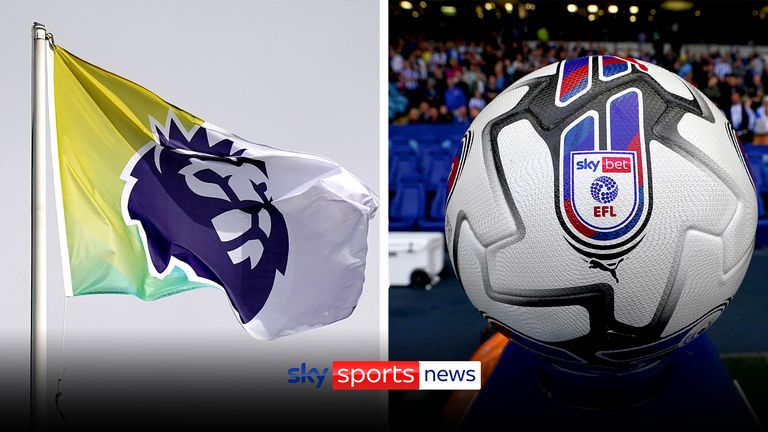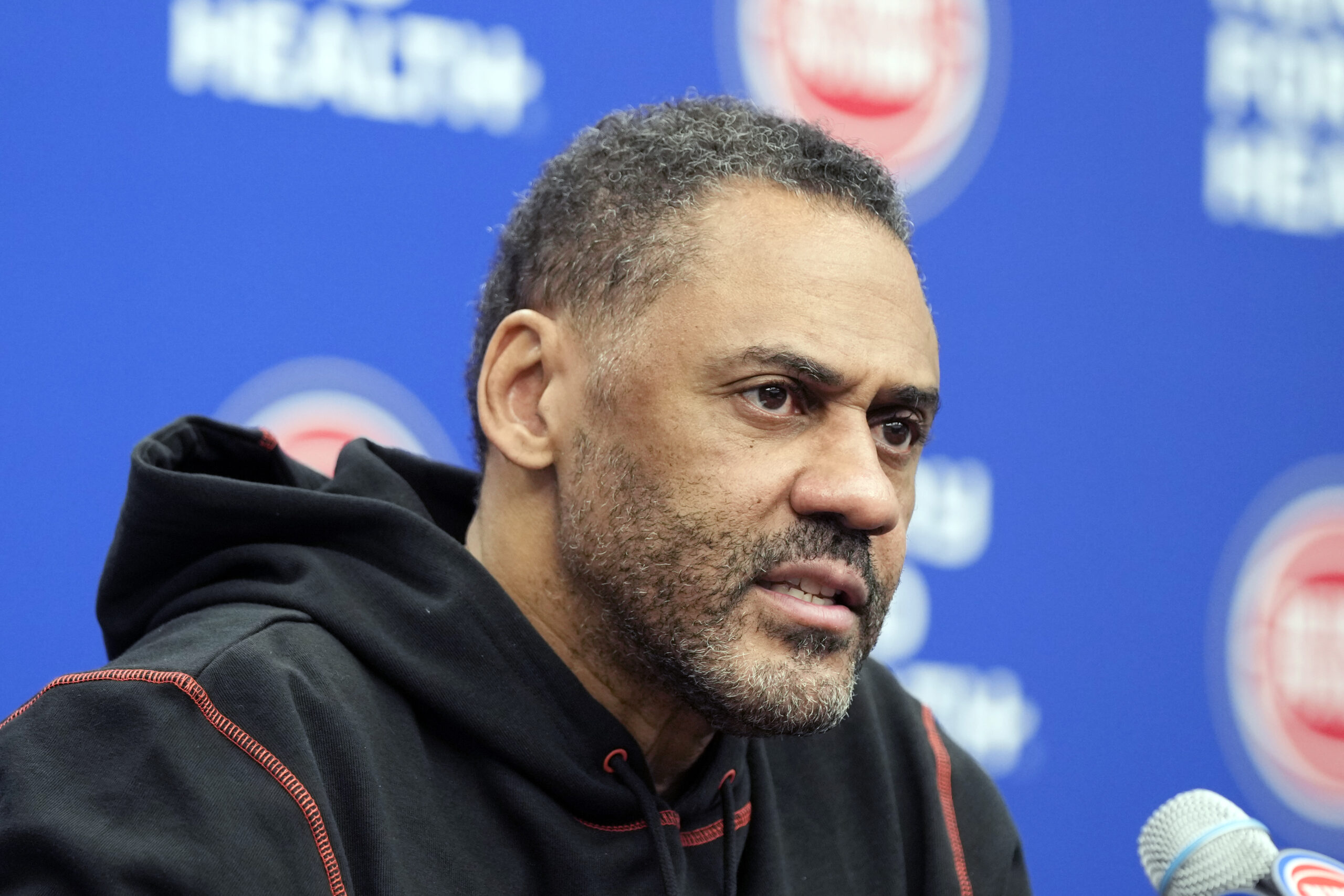
Premier League’s profit and sustainability rules set to be replaced as early as this summer | Football News
Jody
- 0
The Premier League’s controversial profitability and sustainability rules are set to be replaced as early as this summer by a new system of financial regulation.
The new system will be aligned with UEFA’s squad cost ratio rules. Clubs will be limited to how much of their revenue they can spend on transfers and wages, with that limit possibly being as high as 85 per cent.
However, these new regulations will not affect the ongoing cases regarding Everton, Nottingham Forest and Manchester City, who will all continue to be judged on existing financial models.
A Premier League statement on Monday read: “At a Premier League Shareholders’ meeting, clubs agreed to prioritise the swift development and implementation of a new League-wide financial system.
“This will provide certainty for clubs in relation to their future financial plans and will ensure the Premier League is able to retain its existing world-leading investment to all levels of the game.
“Alongside this, Premier League clubs also re-confirmed their commitment to securing a sustainably-funded financial agreement with the EFL, subject to the new financial system being formally approved by clubs.
“The League and clubs also reaffirmed their ongoing and longstanding commitment to the wider game which includes £1.6 billion distributed to all levels of football across the current three-year cycle.
“The Premier League’s significant funding contributions cover all EFL clubs and National League clubs, as well as women and girls’ football, and the grassroots of the game.”
Please use Chrome browser for a more accessible video player

Kaveh Solhekol explains why Premier League clubs have failed to secure a funding agreement with EFL clubs and the possible repercussions
Last month, Everton had their 10-point deduction for breaching the Premier League’s profitability and sustainability Rules (PSR) reduced to six following their appeal hearing.
Everton were sanctioned by an independent commission on November 17 after being found to have exceeded permitted losses by £19.5m over an assessment period ending with the 2021-22 season.
The club appealed the decision with the hearing taking place over three days, which concluded at the start of February.
However, Everton are facing another possible points deduction after they were charged in January with breaching the rules for a second time, along with Nottingham Forest.
Forest should know what punishment they will face by April 15, but could appeal against that decision.
In January, Premier League chief executive Richard Masters said a date has been set for Manchester City’s hearing over 115 alleged breaches of the league’s financial rules, but did not reveal when.
PL shareholders meeting ends without new deal for EFL clubs
Please use Chrome browser for a more accessible video player

Kaveh Solhekol explains why Premier League clubs have failed to secure a funding agreement with EFL clubs and the possible repercussions
The latest Premier League shareholders meeting also ended with no new deal for English Football League clubs.
A deal to increase funding to EFL clubs from £340m to £500m a year for six years was not even voted on.
Premier League clubs had been under government pressure to agree a new EFL deal before an independent football regulator comes in.
But Premier League clubs are flexing their muscles and there will not be a new deal until they agree a new financial system to govern themselves.
PSR explained: What limits clubs spending more?
In the simplest terms, when every Premier League team tots up their annual accounts, they can have made a loss no greater than £105m across the previous three seasons.
Clubs can only lose £15m of their own money across those three years. So that’s no more than £15m extra on outgoings like transfer fees, player wages and, in a lot of clubs’ cases, paying off former managers compared to their income from TV payments, season tickets, selling players and so on.
The other £90m of any £105m must be guaranteed by their owners buying up shares, known as ‘secure funding’, and essentially means bankrolling the club.


